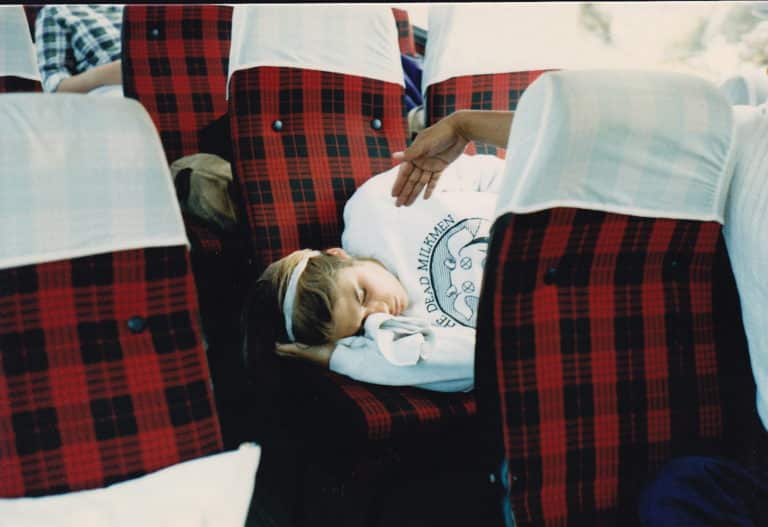The Idealist and the Realist Within Me
My favorite class in college was Introduction to Political Theory. Professor Dennis Dalton, a Gandhi scholar with a line of students always snaking around the corner during his office hours, structured the course around two competing schools of political philosophy: idealism and realism.
Plato urged us to emerge from our cave of delusion and step out into the light. He told us:
“Love is the joy of the good, the wonder of the wise, the amazement of the Gods.”
Thomas Hobbes, on the other hand, wasn’t feeling the love. He suspected that people’s natural passions “carry us to partiality, pride, revenge and the like.”
Mary Wollstonecraft chimed in:
“No man chooses evil because it is evil; he only mistakes it for happiness, the good he seeks.”
“It is much more secure to be feared than loved.”
By the end of the semester, my head was spinning and my earnest heart felt in good and ancient, if not controversial, company.
There are a lot of people who argue that liberal arts education doesn’t give students any real world skills, but I can tell you that no other educational experience has served me more in my life than this one. I spend some part of every single day, facilitating an endless debate between the idealist and the realist in my own brain. And let me tell you, it is rarely a cordial conversation.
The idealist wants to work with noble people on projects that entail a process that honors the collaborators involved at every step of the way and leads to a result that feels triumphant and pure. The realist knows that this doesn’t exist, at least not at any speed or scale. Collaborators are human beings, and human beings are occasionally hypocritical (sometimes blindly, sometimes unabashedly). The idealist wants to run from hypocrisy, but the realist reminds her that this means also running from imperfect people, and all people, it turns out are deservedly and beautifully imperfect.
The idealist shouts, “Integrity! I will not attach my good name or devote my precious energy to anything that doesn’t have integrity through and through!” The realist chuckles and answers, “Good luck with that! While you maintain moral superiority, good people will go hungry.” She pushes to focus on outcomes — how much change can I make with the impure opportunities I’ve got? Get real and get results.
“But at what cost?” the idealist spits back. “Sometimes the ends don’t justify the means. Sometimes the unintended side effects of principled people who compromise and compromise and compromise are worse than no effort at all.”
The idealist wants to see the whole system change, work from the roots, keep the faith. The realist agrees systemic change is necessary, but thinks it’s unwise to bank on it. Keep pushing incremental change. Keep chipping away. Waste no will.

The idealist wants to work with people who share her values and work on projects slow and small enough that they can be controlled. The realist wants to collaborate promiscuously, focused more on doing as much as she can with her limited time on earth, experimenting and focusing on the good things that come out of those experiments even when they feel very complicated.
The idealist wants to do every single thing excellently, moving slow enough to treasure the process and be exceedingly thoughtful about every choice. The realist knows that this would mean doing far fewer things, and further, that too often attention to excellence crosses the line into over-thinking. She likes George Jackson on this:
“Patience has its limits. Take it too far and it’s cowardice.”
Sometimes the best piece of writing is the second draft, not the tenth.
The idealist sees the best in everybody. The realist recognizes that people have their limitations.
The idealist wants to create beautiful things. The realist wants to pay the mortgage.
The idealist hopes for the moon and the stars. The realist is fine with making lemonade here on earth.
The pendulum swings, back and forth, back and forth ad infinitum. Even as it exhausts me, I know that it’s healthy — a sign that I am awake. I don’t want to simply assume that I’m using my energy in the best way and go on autopilot. I want to keep questioning, keep experimenting, keep dreaming, keep doubting.
Professor Dalton also taught me, via Socrates, that “the unexamined life is not worth living.” Turns out, staying awake to the moral complexities of my actions requires refereeing a very passionate cacophony of voices in my own head. Living the examined life is not a quiet prospect.


Share your reflection